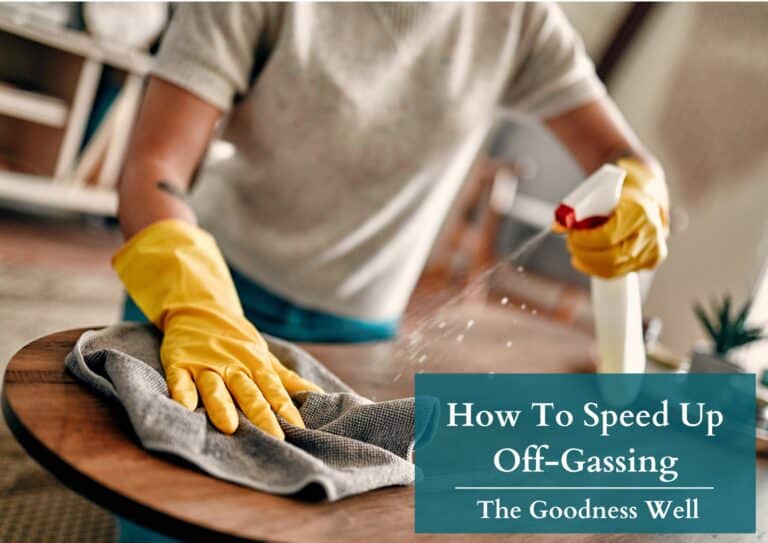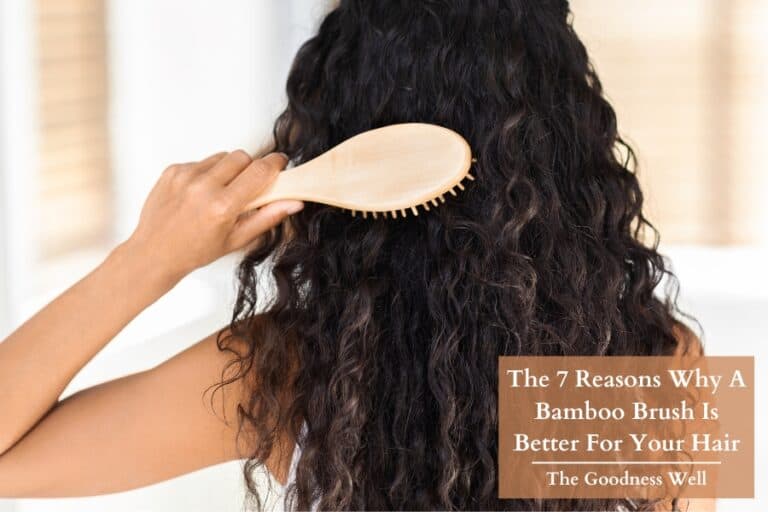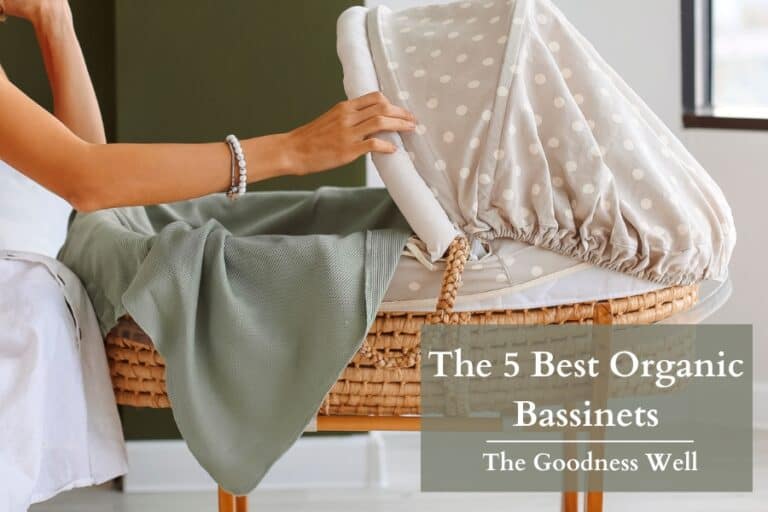What Are Sulfates in Shampoo and Should I Avoid Them?
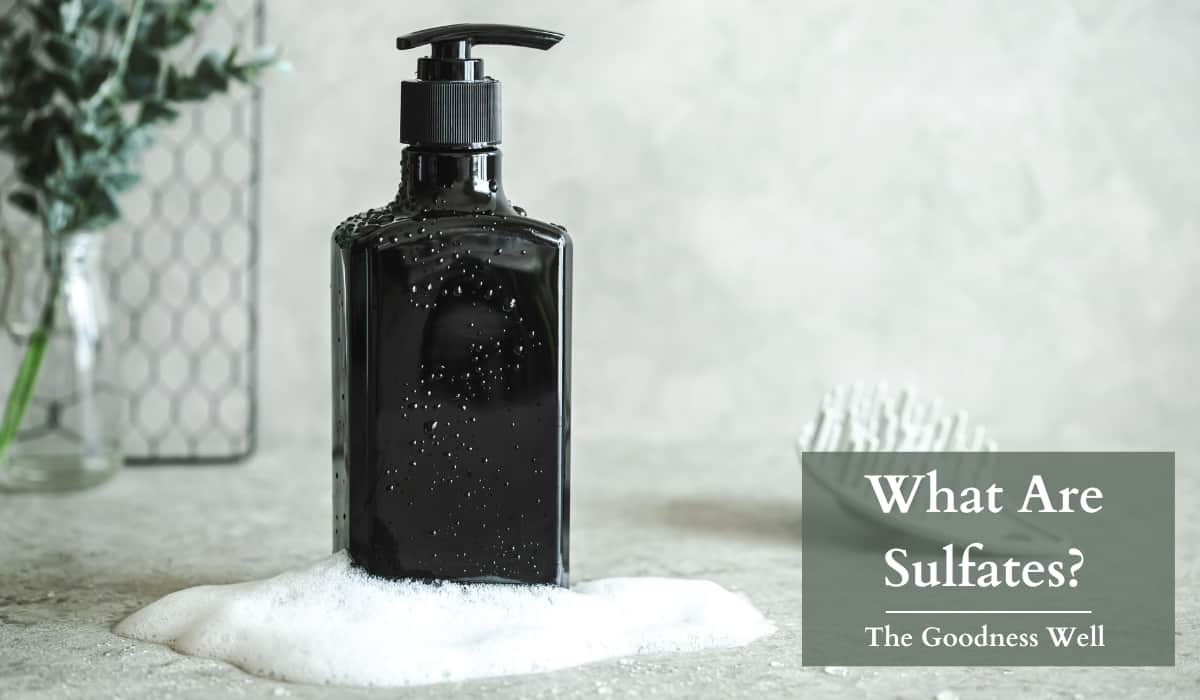
If you’re like us, you’re trying to rid your life of all toxic chemicals, and after going through your hair care products, you ask, “What are sulfates in shampoo? And are they safe?”
Like parabens, this ingredient is talked about a lot- some say it’s toxic, others say it’s completely safe. But what’s the truth?
We did a lot of research into both sides and we’ve got the answer.
Here we go.
TL;DR
Sulfates, found in various self-care products like shampoos, soaps, and toothpaste, are surfactants that help break down oil and dirt and are known for creating suds and bubbles. While many sources state sulfates cause cancer and organ damage, these claims aren’t true, with the National Institutes of Health confirming that sulfates are not carcinogenic and don’t bioaccumulate in humans. While some people like myself may experience sensitivity to sulfates (canker sores when used in toothpaste), for the majority of people, sulfates are non-toxic, biodegradable, and safe to use. Using sulfate-containing products or sulfate-free alternatives is a personal choice, based on your individual skin or hair needs.
What Are Sulfates in Shampoo?
Sulfates are known as surfactants, mineral salts that help break down oil and dirt.
Your kids might actually love them- they’re the reason for the suds and bubbles in the products they use.
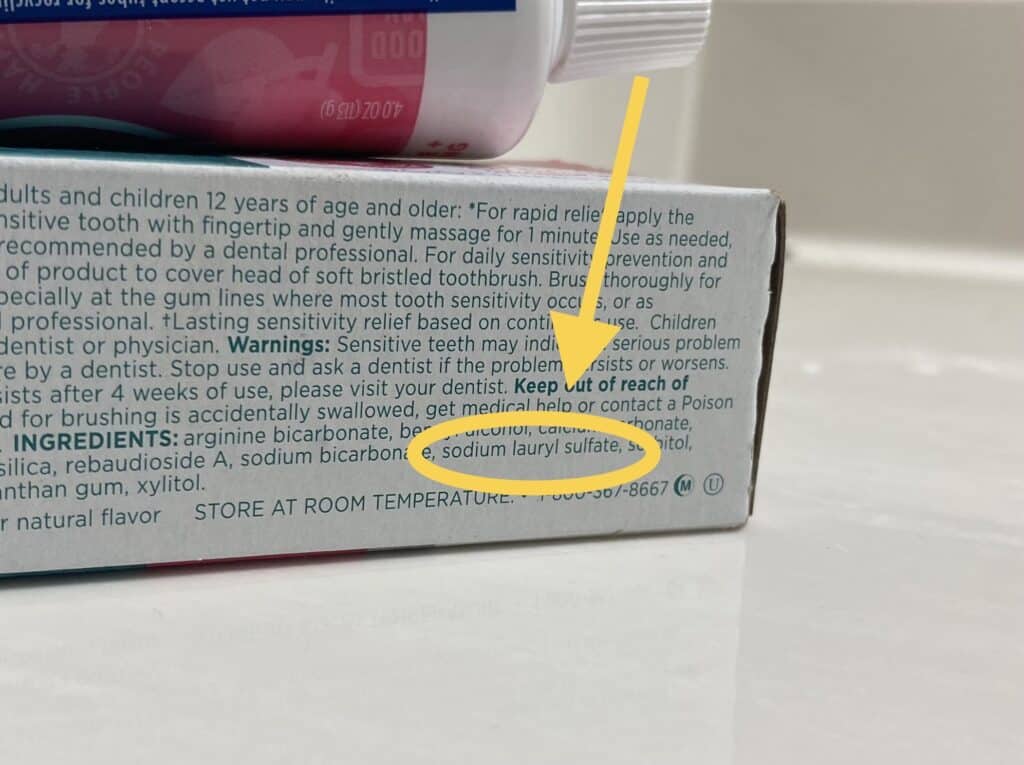
This ingredient goes by a few different names:
- Sodium Lauryl Sulfate (SLS)
- Sodium Laureth Sulfate (SLES)
- Ammonium Laureth Sulfate (ALES)
- Ammonium Lauryl Sulfate (ALS)
Why Are They In Our Products?
Sulfates, especially sodium lauryl sulfate (SLS) and sodium laureth sulfate (SLES) are used in shampoos, soaps, toothpaste, and other self-care products for their ability to help clean.
The foam they create helps remove dirt and oils that build up on surfaces (like your hair and teeth).
They can be found in a wide range of personal care products, not just shampoos. You’ll find them in items like:
- Body Washes
- Toothpaste
- Facial Cleansers
- Most forms of soap
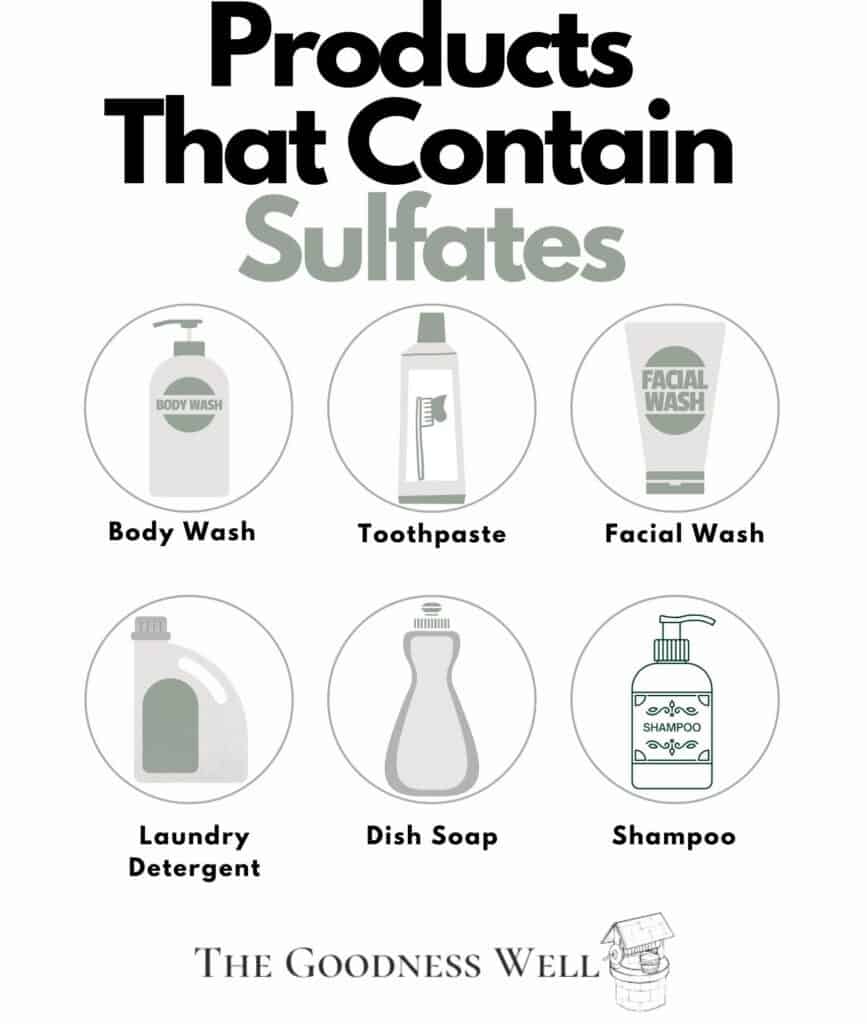
Sulfates are actually found naturally in the environment. They can even be found in water but mostly at low levels.
This is different than what’s in our products though. The sulfates in our self-care products are synthetically made.
“Well, are they dangerous!?”
Potential Dangers
With so much conflicting information out there, let’s settle it right here, with answers pulled from reputable sources.
Some of the main concerns surrounding sulfates are that they can cause eye and skin damage, cancer, and even build up in your body causing organ damage.
But this isn’t true. In fact, next time take a look at the website you see this information on. They’re probably selling sulfate-free hair products.
Effect on Skin
Sulfates are not bad for your skin, as many misinformed articles state. While they do have the potential to be irritating to the eyes or skin in certain people, using SLS in minimal amounts like in self-care products usually has no real toxic effect on you or your skin.
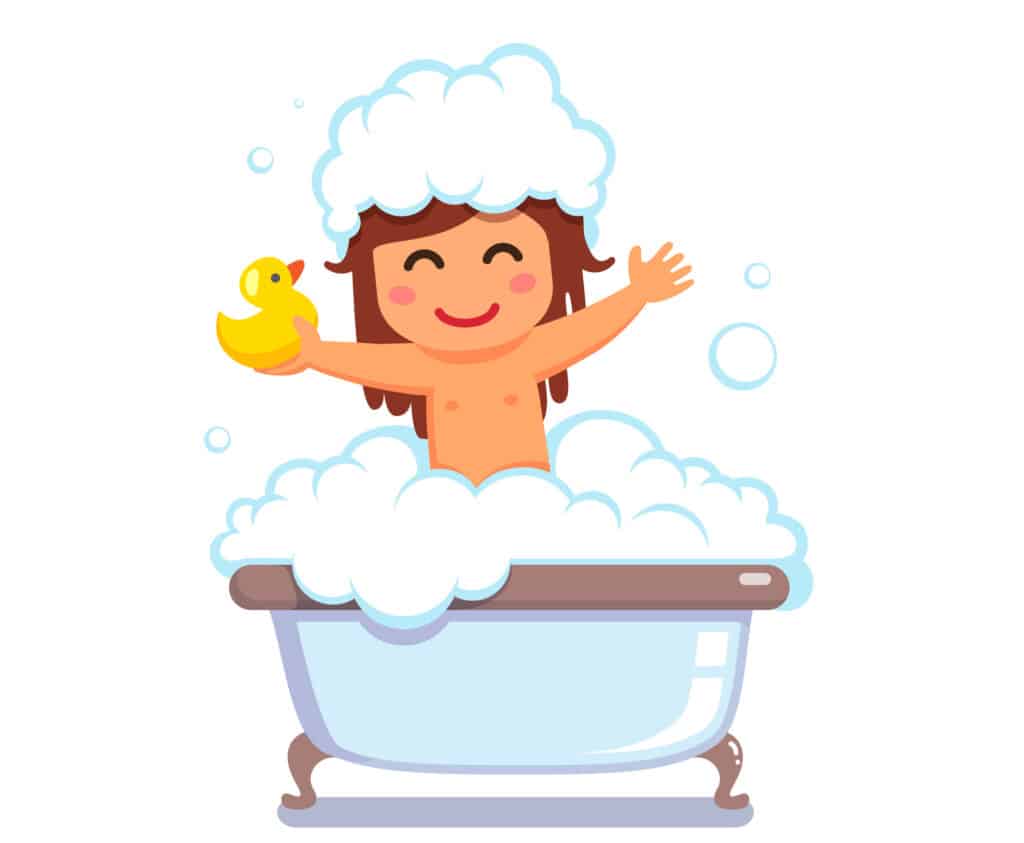
The EPA’s assessment of SLS exposure states, “Exposure is not considered significant and does not create a health risk concern”
Also, no sulfates won’t build up in your body and cause organ damage.
“Accusations that SLS will bioaccumulate in humans and cause organ damage are inaccurate”
National Institutes of Health
Are They Carcinogenic?
Sulfates are not carcinogenic. The National Institute of Health notes that there is no scientific evidence to support SLS as a carcinogen.
“The perception that SLS is a threat to human health is not scientifically supported, and claims made to the contrary should be regarded as false and misleading.”
National Institutes of Health
Environmental Toxicity
Sulfates are not bad for the environment and have a low chance to be toxic to animals.
In their raw concentrated form, they could be moderately toxic to aquatic life. However, the amounts we use are very diluted and non-toxic to the environment and animal life.
They were also found to not persist in the environment as they are biodegradable.
How Sulfates Affect Me & Why I Avoid Them
You might be thinking, “Well if they’re not toxic, why do you avoid them?”.
Remember how I said some people are sensitive to sulfates? Well, count me in that group.
Interestingly though, it’s not shampoo that bothers me — it’s when sulfates are in toothpaste.
I have always been prone to canker sores, something I truly hate with a passion (if you’ve had them, you know the pain).
For so long I could never figure out why they happened, but after years of scrolling articles, Reddit forums, and doing some trial and error, I found the sulfate in my toothpaste was a big contributor all along.
I still get them here and there, but not nearly as much as I used to, and when they do appear, they go away pretty quickly (some used to last for weeks!).
This is just my experience, as most people like my wife have no issue with sulfates at all.
Should You Avoid Sulfates?
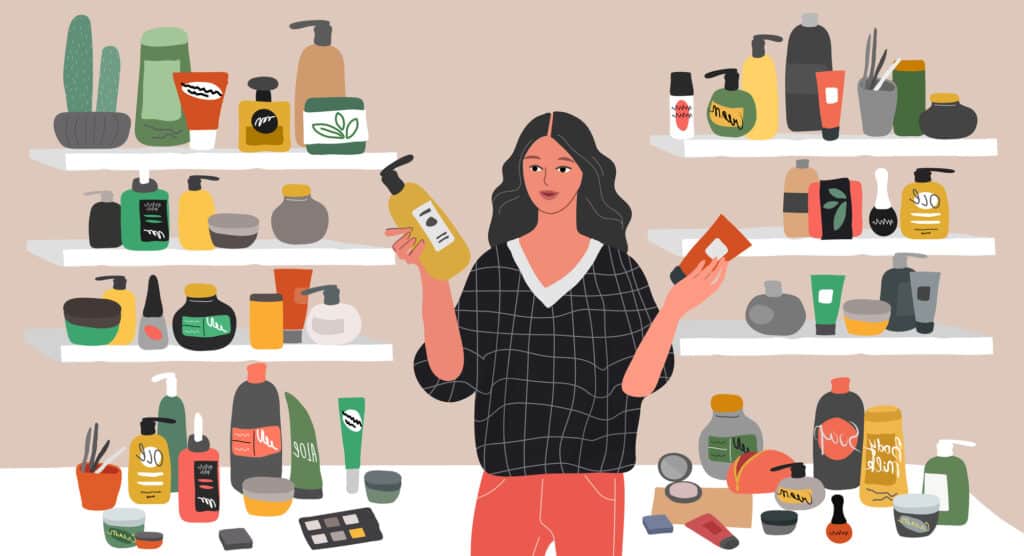
You don’t need to go sulfate free as it is non-toxic, biodegradable, and safe for use. Many sites that say the opposite just happen to be selling a sulfate-free product.
While they can cause some people irritation, this doesn’t mean it’s toxic for you.
Think about it. Some people have an allergy to peanuts- does this mean peanuts are toxic for everyone? No!
If you find that sulfate-containing products give you some sort of reaction, stop their use and talk to your doctor about potential causes.
Sulfate-containing shampoos are safe for most people and don’t need to be avoided.
This is not all to say that sulfate-free shampoo is bad either.
Some people prefer the benefits of sulfate-free shampoo as it doesn’t strip all the oils of their hair out which can help people with sensitive, dry scalps.
So we say, try them both out if you want and see which one works for you.
Final Thoughts
Alright, let’s wrap this up. So what are sulfates in shampoo? Not the villain everyone makes it out to be. While they can give rise to some mild reactions in certain individuals, they are by no means toxic.
And if you’re still unsure, maybe give both sulfate-containing and sulfate-free items a try!
FAQ
You can identify sulfates in any product by looking for the terms Sodium Lauryl Sulfate (SLS), Sodium Laureth Sulfate (SLES), Ammonium Laureth Sulfate (ALES), or Ammonium Lauryl Sulfate (ALS) in the ingredient list.
For certain people they are. If you are someone whose hair gets very oily, sulfates can be beneficial to help keep your hair cleaner. On the other hand, sulfates can cause dry scalp or irritation in others.

